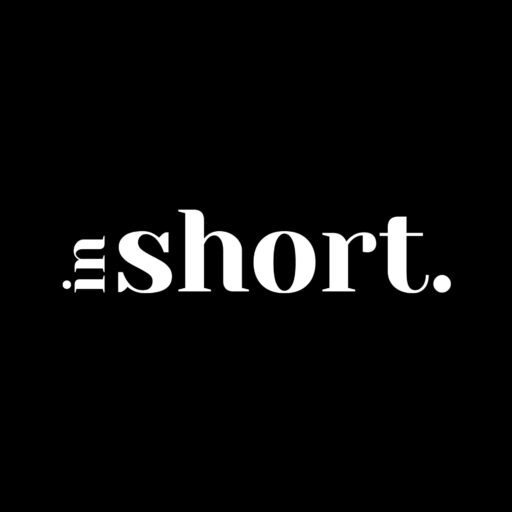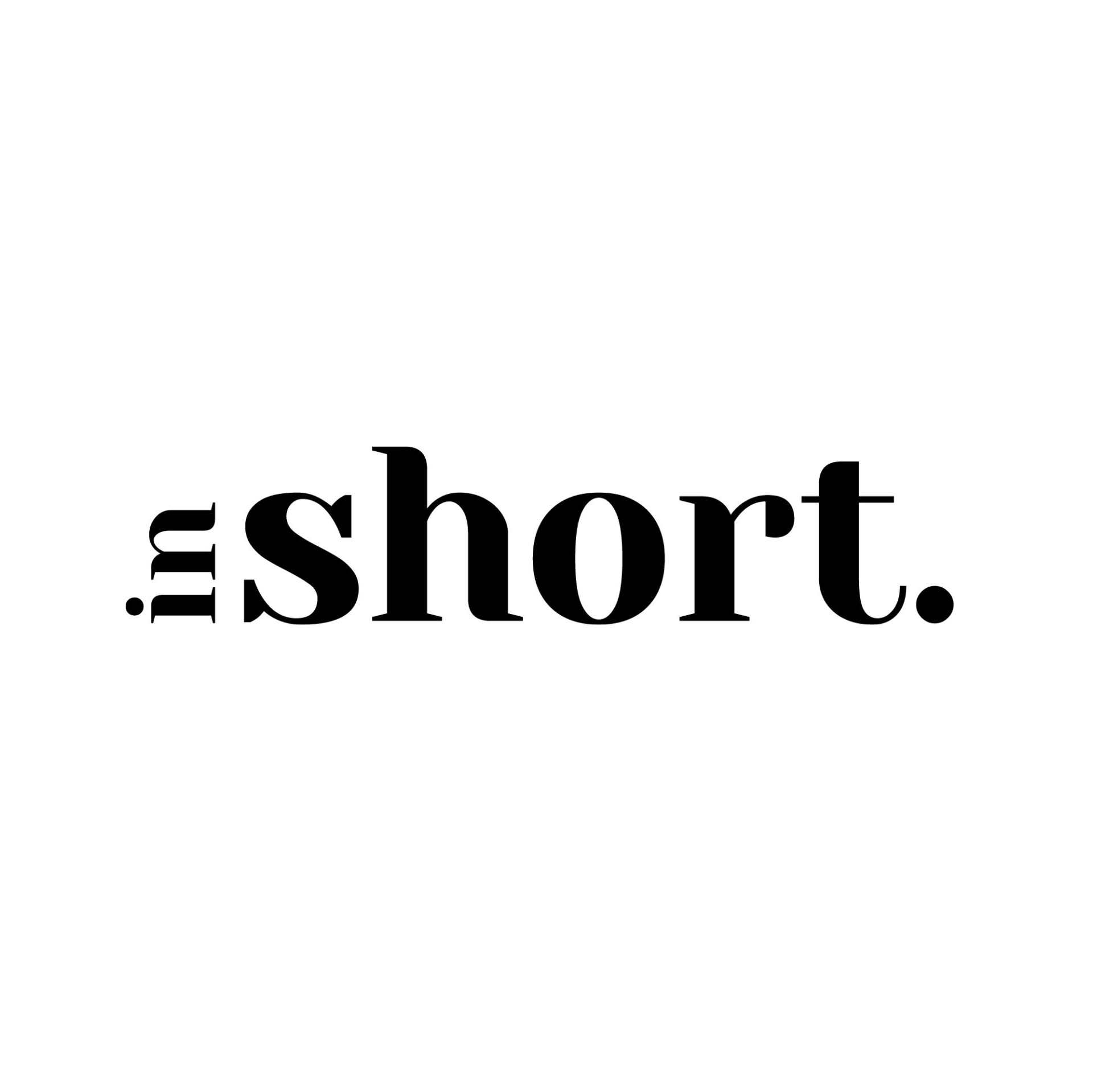In Short – Volume 1, Issue 1 (Spring 2024)
May 31, 2024
Lexicon
Neema Avashia
Your first word was hi.
Not mama. Not Ammi. Not dhoodhoo, the Gujarati word for milk. But hi. Primed to engage with the world from the outset. Starting around nine months, we’d wake to you saying hi each morning, your little head bobbing just above the lip of the crib, hands waving in our direction.
For months, your only word was hi. It meant everything. Your masa said you were like Groot, the Marvel character who only says, “I am Groot,” yet conveys a multitude of meanings through how he says it. Hi is I love you. Hi is I want that. Hi is play with me. Hi hi hi hi hi you chatter as we walk down the street. It is Boston, and thus, New England rude, so only about 30% of the people we see say it back, even though your eight-toothed smile is the sweetest thing I’ve ever seen. But you, daughter of an Appalachian Ammi who’ll be damned if she lets these frigid people strip her of her warmth, are undeterred. Hi hi hi hi hi.
From hi you go to dog, then quickly to woof, because we live in a neighborhood where dogs outnumber humans, and it would be rude not to know how to greet them as well.
Woof leads, by way of aguacate and koala, to the litany of animal sounds. Quacks and moos and baas and meows in both Gujarati and English. You learn fish and pucker your mouth to make fish sounds on the same day.
Every time we turn the Christmas tree lights on, you say “Wow.” When the Christmas tree is gone, you say “Wow” every time we turn a light on.
Sometimes at night when you are falling asleep, your neurons misfire and you shout “koala” before going limp in my arms. Sometimes you refuse to take your second nap because of your need to say “fish fish fish fish fish fish fish” for minutes on end in the late afternoon. Sometimes you totter around your room in your space pajamas, your mussed hair making you resemble walking tumbleweed, and mutter “pop pop pop” while you look for your pop-it toys. Language, in these instances, feels almost like a muscle you exercise the same way you exercise your legs with your efforts to walk.
When you start to stick your finger up your nostril and say “no no” at 13 months, we delve into body parts. Nose then head and ear and tongue and belly. I sing “If You’re Happy and You Know It” to help you learn your body parts. And you do—clapping your hands, pointing to your nose, patting your belly, sticking out your tongue when the song instructs you to.
It all amazes me. The pace at which you acquire language, apply meaning to it, make it your own. To bear witness to the human brain’s capacity for rapid acquisition of knowledge is a gift I’ll never tire of.
But of all the words you’ve learned so far, there is one that stops me in my tracks. It is your first two-syllable word. Your first word on the list of “Places we go when things are good” from Brene Brown’s Atlas of the Heart.
Happy.
You unlatch during nursing and say, “Happy.” You pause mid-meal to say, “Happy happy happy.” You sit down in the middle of the hallway, cock your head, gesture skywards with your palms and say, “Happy.” H is hard, so it comes out sounding a bit like Eliza Doolitle would say it, Cockney-adjacent, but happy all the same.
I wonder if you know what the word means. Is it a statement? A question? An utterance? A reflex? Merely muscle activated when prompted? I’m not sure. But every time you say it, I am filled with emotion that I don’t have words for, even when I refer to Brown’s list of 87.
You don’t know that for more than 230 days, children in Gaza have been murdered for no other reason than that they exist. That Antarctica has seen its hottest year on record. That fascism looms large in America, and that our right to exist—your mama’s, your Ammi’s, yours—is under threat.
You don’t know that other two syllable word from Brown’s Atlas, despair, that sometimes overwhelms me at night when I rock you to sleep and consider the world that I’ve brought you into. That my selfish need for you to exist does not guarantee the security you deserve.
For now, you only know happy.
For as long as that lasts, I cling tight to the idea that even in the midst of inferno, it is possible for joy to flourish.
Neema Avashia (she/her) is the daughter of Indian immigrants and was born and raised in southern West Virginia. She has been an educator and activist in the Boston Public Schools since 2003. Her first book, Another Appalachia: Coming Up Queer and Indian in a Mountain Place, was published by West Virginia University Press in March 2022. The book was named Best LGBTQ Memoir of 2022 by BookRiot, was one of the New York Public Library’s Best Books of 2022, and was a finalist for the New England Book Award, the Weatherford Award, and a Lambda Literary Award. She lives in Boston with her partner, Laura, and her daughter, Kahani.




